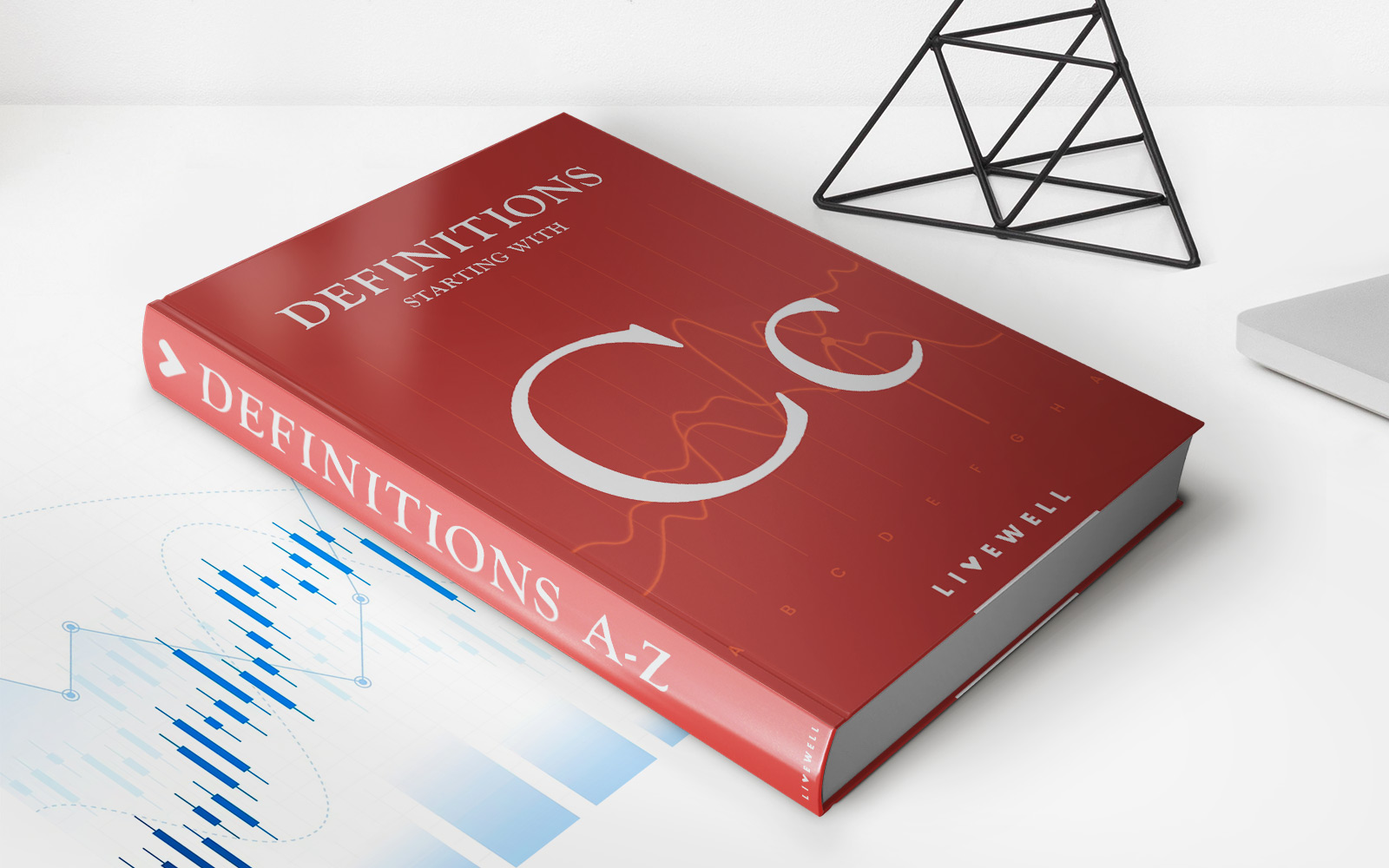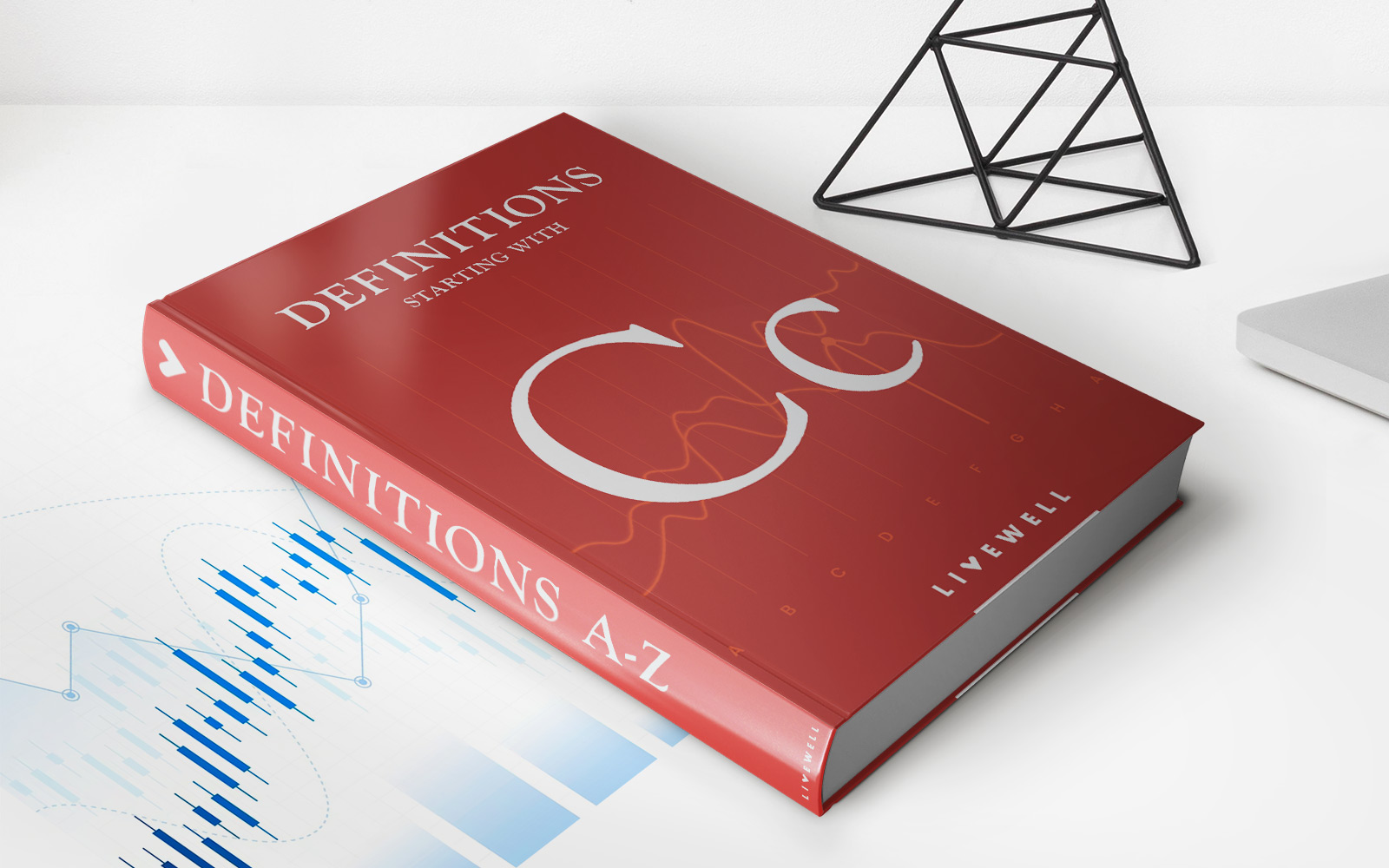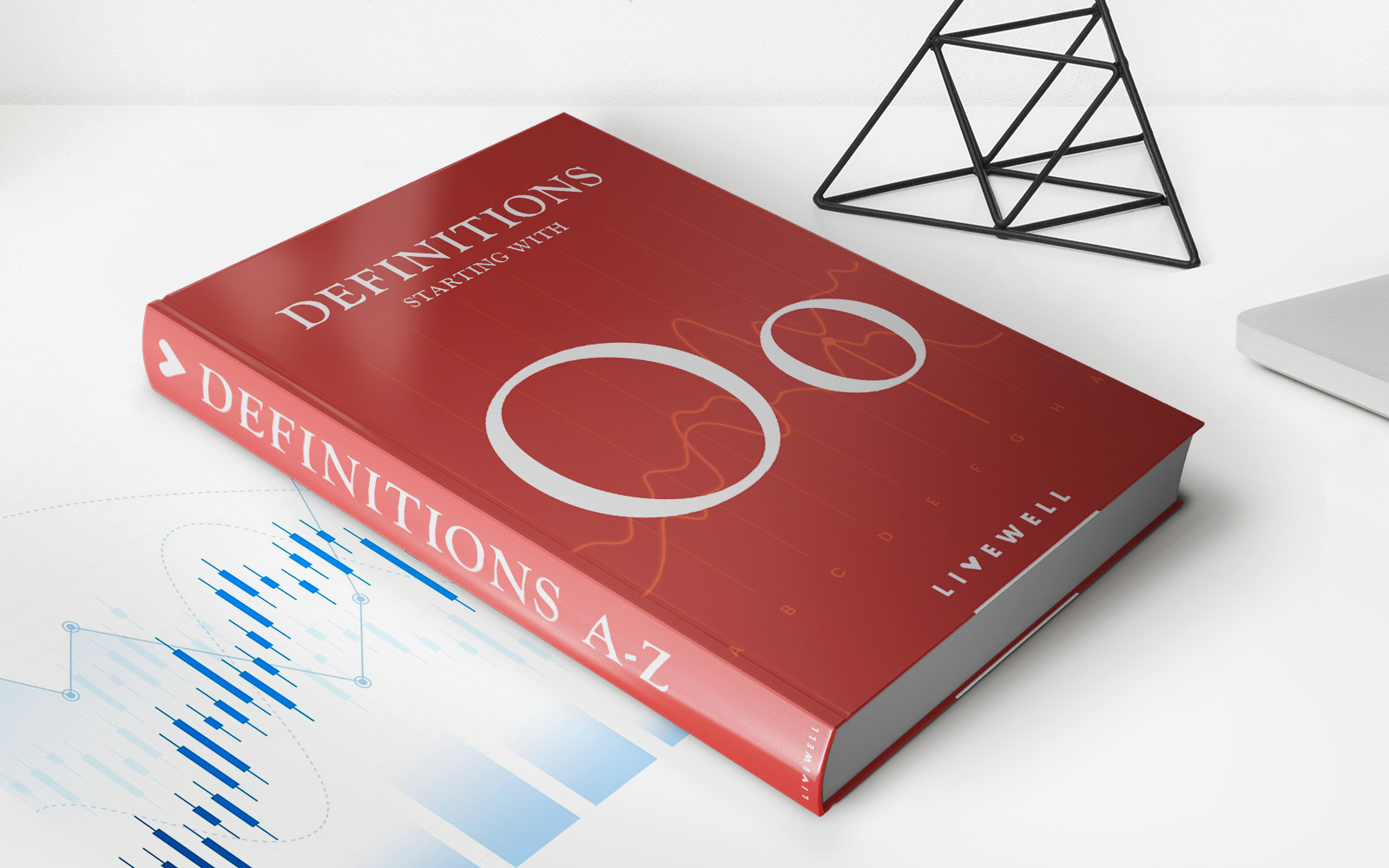

Finance
Underconsumption Definition
Published: February 12, 2024
Learn the meaning of underconsumption in finance and how it impacts the economy. Gain insights into the causes and consequences of this economic phenomenon.
(Many of the links in this article redirect to a specific reviewed product. Your purchase of these products through affiliate links helps to generate commission for LiveWell, at no extra cost. Learn more)
Understanding Underconsumption and Its Impact on Economy
Finance plays a crucial role in the prosperity of individuals, businesses, and nations. It encompasses a wide range of topics, and one of the key concepts within finance is underconsumption. In this blog post, we will explore the definition of underconsumption, its implications on the economy, and how it affects both individuals and businesses. We will also discuss potential solutions to tackle the issue of underconsumption. So, let’s dive in!
Key Takeaways:
- Underconsumption refers to a situation where the level of consumption in an economy is lower than the level of production, leading to an imbalance in supply and demand.
- Underconsumption can have negative consequences, such as decreased business revenue, slower economic growth, and increased unemployment.
What is Underconsumption?
Underconsumption, also known as overproduction or oversaving, occurs when the total output or goods produced in an economy exceed the total spending or demand. In simpler terms, it is a situation where people don’t buy or consume enough goods and services relative to what is being produced.
Underconsumption can arise due to various factors, including:
- Declining consumer confidence: When people have pessimistic views about the economy, their willingness to spend decreases, leading to underconsumption.
- Income inequality: A significant wealth gap can result in a lower aggregate demand as low-income individuals have limited purchasing power.
- Saving preferences: If individuals save more and spend less, it reduces the overall level of consumption in an economy, leading to underconsumption.
So, how does underconsumption impact the economy, businesses, and individuals?
Impact of Underconsumption
On the Economy:
- Slower economic growth: Underconsumption can lead to a decrease in overall demand, resulting in reduced production levels and slower economic growth.
- Unemployment: When businesses experience lower demand for their products or services, they may reduce production, leading to job losses and higher unemployment rates.
On Businesses:
- Decreased revenue: Underconsumption reduces consumer spending, which directly affects businesses by lowering their revenue and profits.
- Reduced investment: Businesses may hesitate to invest in new projects or expand their operations due to the uncertain demand for their products or services.
On Individuals:
- Income stagnation: Underconsumption can result in reduced wages and limited job opportunities, affecting individual income and purchasing power.
- Financial instability: When individuals are unable to consume enough, it can lead to higher levels of debt as they rely on credit to maintain their standard of living.
Solutions to Tackle Underconsumption
Addressing underconsumption requires a multi-faceted approach involving both government intervention and individual actions. Here are some potential solutions:
- Increasing government spending: Governments can stimulate demand by investing in infrastructure projects, social welfare programs, and education.
- Income redistribution: Policies that reduce income inequality and ensure a fair distribution of wealth can increase the purchasing power of low-income individuals.
- Encouraging savings: While underconsumption can be detrimental, encouraging individuals to save can help build financial stability and provide resources for future investments.
By implementing these and other measures, societies can work towards achieving a balance between production and consumption, ensuring long-term economic stability and prosperity.
In conclusion, underconsumption is a significant issue that can hinder economic growth and impact individuals and businesses. Understanding its definition, implications, and potential solutions is essential for creating a more equitable and sustainable financial future for all.














